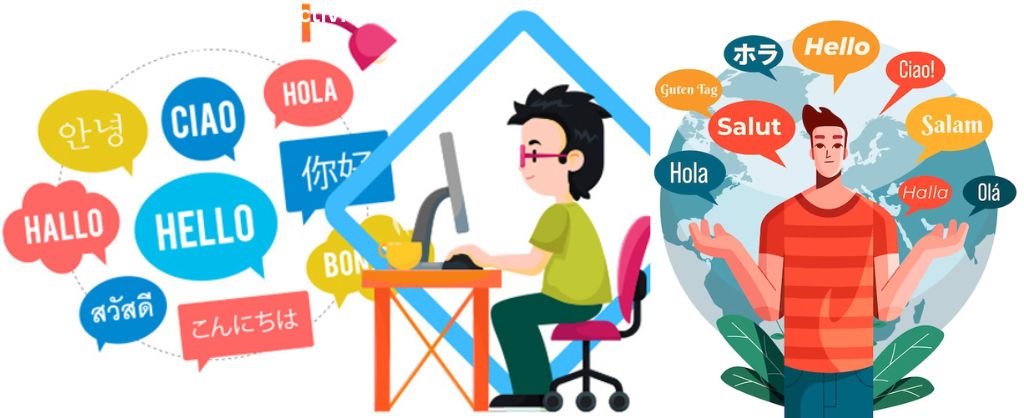Blitz News Digest
Stay updated with the latest trends and insights.
Fluent in Fun: Learning Languages Through Laughter
Unlock the joy of language learning! Discover how laughter makes fluency fun and effective in our adventure-filled blog. Dive in now!
5 Hilarious Language Learning Games to Boost Your Fluency
Learning a new language can be a daunting task, but it doesn't have to be boring. Incorporating games into your study routine can make the process enjoyable and effective. Here are 5 hilarious language learning games that will not only boost your fluency but also provide a laugh or two along the way. Whether you're studying with friends or tackling the language solo, these games will keep you engaged and motivated.
- Charades with a Twist: Instead of acting out movie titles, use vocabulary words from your target language. This game encourages creativity while enhancing your vocabulary.
- Language Trivia: Create a trivia game about cultural facts related to the language you're learning. It’s a fun way to learn idioms and expressions while testing your knowledge.
- Two Truths and a Lie: In your target language, tell two true statements and one false one about yourself. Your friends will have to guess which one is the lie!
- Pictionary: Use vocabulary words or phrases in your target language to draw and guess. This game boosts visual learning and solidifies your understanding.
- Themed Karaoke: Sing along to songs in your target language. It’s a great way to improve pronunciation and rhythm while having fun.

How Humor Can Enhance Your Language Learning Experience
Learning a new language can often feel like a daunting task, but incorporating humor into your study routine can significantly enhance your experience. When you engage with funny content, whether it be jokes, memes, or humorous videos, you create a more enjoyable and less stressful learning environment. This, in turn, can improve your retention of new vocabulary and grammar rules. Moreover, laughter triggers the release of endorphins, which can boost your mood and motivation, making you more eager to practice speaking and listening skills.
Additionally, using humor as a tool in language learning can help you understand cultural nuances and idiomatic expressions more easily. Jokes often rely on language-specific sayings or wordplay that can offer insights into the culture associated with the language. Consider exploring the funniest aspects of your target language through stand-up comedy or sitcoms. Not only will this exposure make you laugh, but it will also deepen your understanding of contextual language use, making your overall learning experience more comprehensive and enjoyable.
What Role Does Laughter Play in Acquiring a New Language?
Laughter plays a vital role in acquiring a new language by creating a relaxed and enjoyable learning environment. When learners share a laugh, they lower their anxiety levels, which can often hinder language acquisition. This positive emotional experience helps enhance motivation, making individuals more willing to engage in conversations and practice their new skills. Furthermore, humor often involves wordplay and cultural references, allowing learners to deepen their understanding of both the language and the culture associated with it.
Additionally, laughter facilitates social bonding among language learners, encouraging collaboration and communication. When students laugh together, it fosters a sense of community, making it easier for them to support one another in their language journey. This social aspect of learning is crucial, as it not only aids retention but also enhances the practical application of the language. In this way, laughter serves as both a learning tool and a social connector, ultimately enriching the overall language acquisition experience.